
There is a fair amount of information out there on this very special plant, sometimes referred to as Drakensburg Aloe (or more commonly Spiral Aloe) so I won’t go into all the details. Aloe polyphylla has become more readily available since the advent of tissue culturing difficult-to-propagate plants. Tissue culture is the propagation of plants as “test tube babies” or cloning. For plants that seldom flower, or require many years to reach flowering maturity, tissue culture is used to speed up the process. Plants that might not come true from seed, or are not easy to propagate from cuttings are also good candidates for tissue culture.

I have had the good fortune to work with Alan Beverly, an expert in the understanding of this plant. Alan brought seed from South Africa for Aloe polyphylla many years ago, before this plant made the endangered species list, and has produced numerous seed crops over the years.

When tissue cultured plants began to appear in the marketplace, I had this idea that I would buy plants from several different labs. I would then grow the plants to maturity, along with seedlings I had purchased from Alan and then cross-pollinate the different plants to produce seedlings of my own. I now have several hundred plants approaching maturity and hope to have flowers in the next year or two; then the fun can begin!

What I did not anticipate is how different the tissue cultured plants would be compared to the seed-grown plants. Aloe polyphylla from seed develops a more defined spiral form at a much younger age. My conclusion, after watching these plants for about six years: if given the option, buy the seed propagated plants.
We just purchased over one hundred of Alan’s seedlings to offer for sale at Succulent Gardens. There are both left and right spirals. When you buy this plant, know which you are buying, because the wow-factor is quite different between seedlings and tissue cultured plants. I am told by one reputable grower that in the long run, the tissue cultured plants will fully develop. I just don’t know how long that run is.

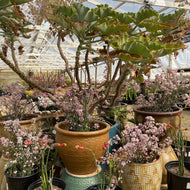

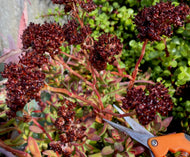
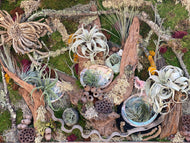
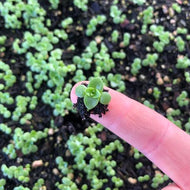
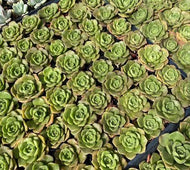
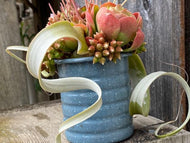
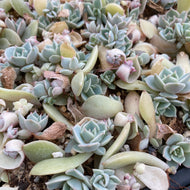
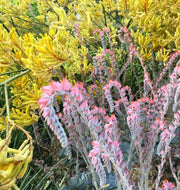
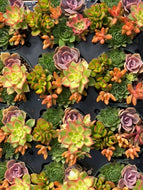
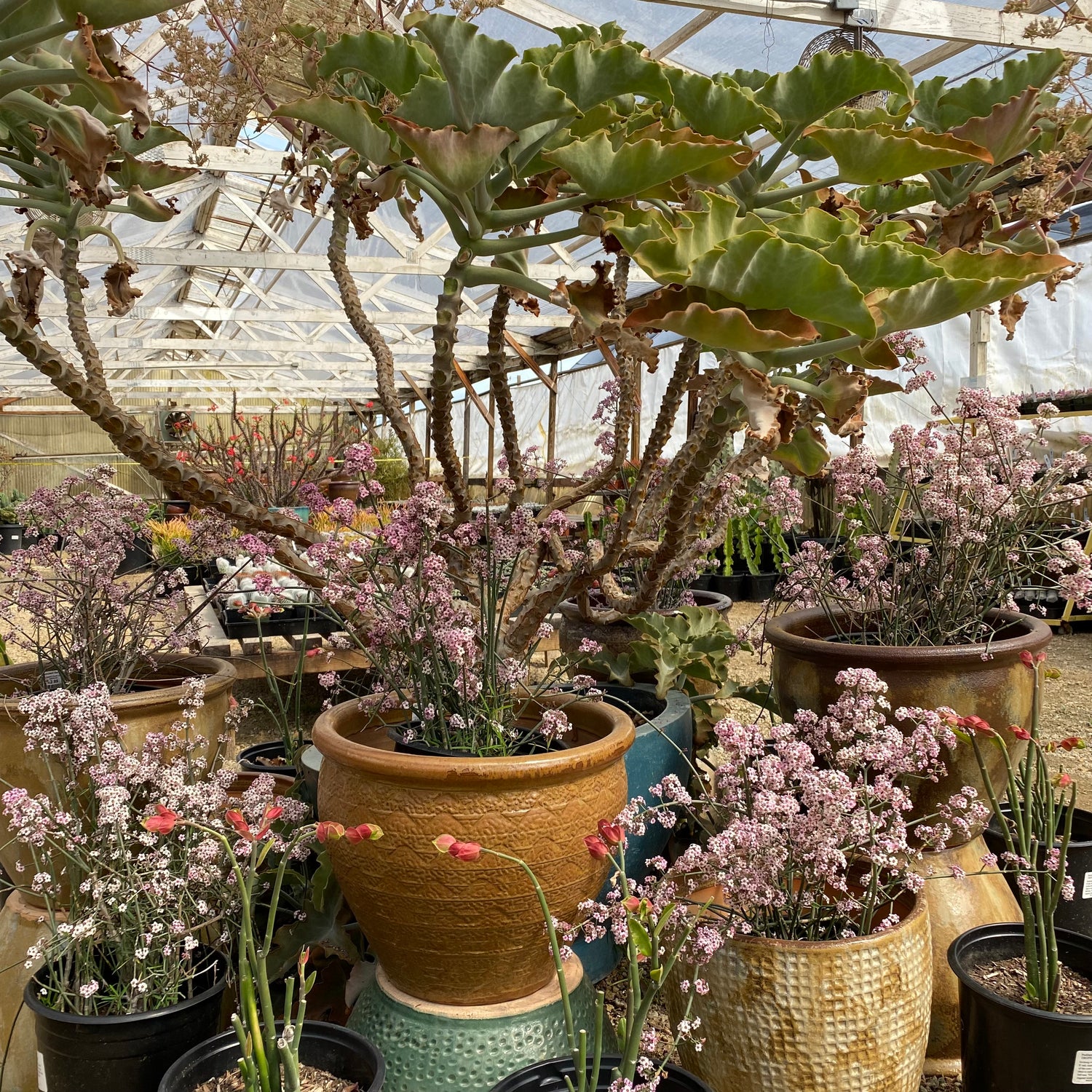
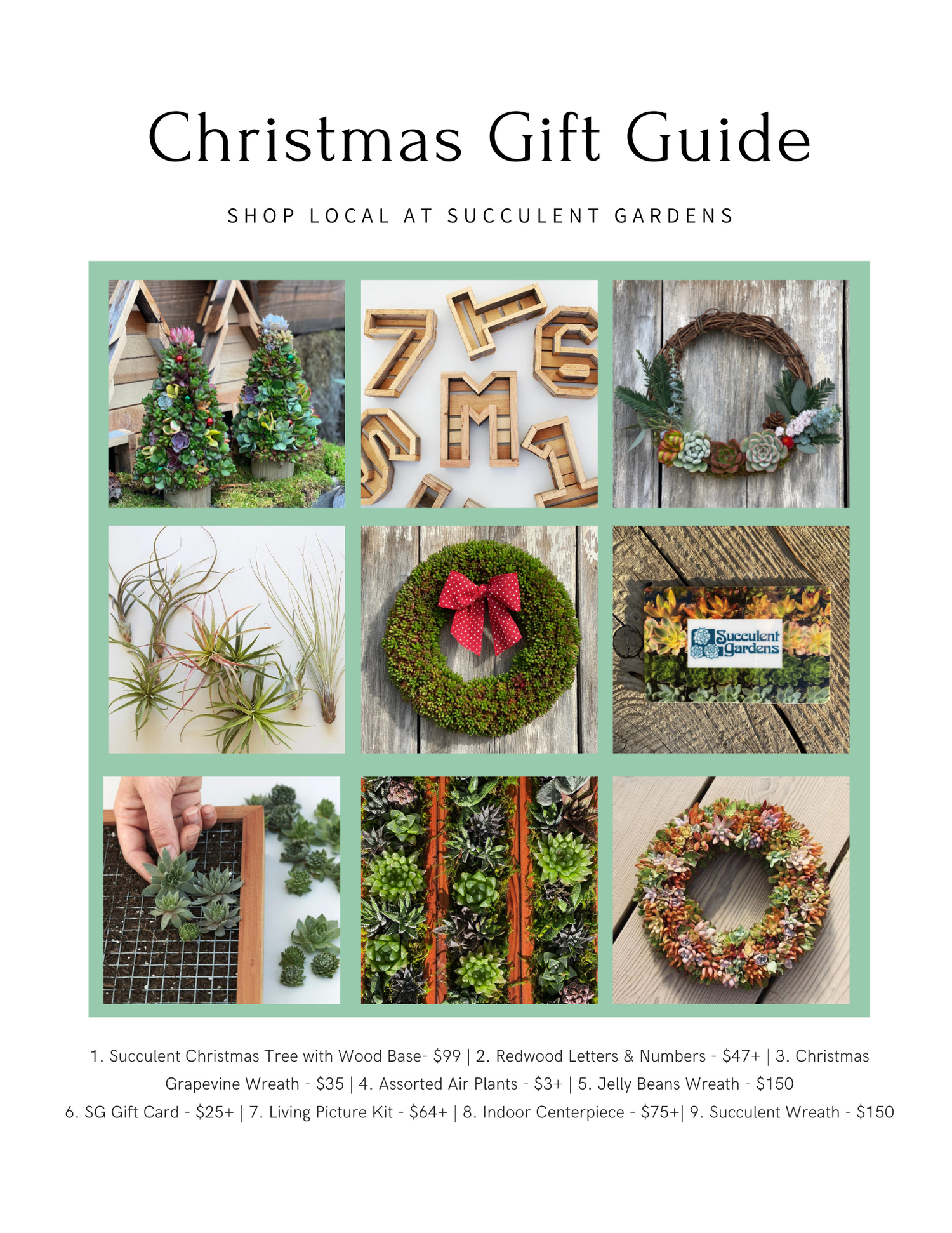
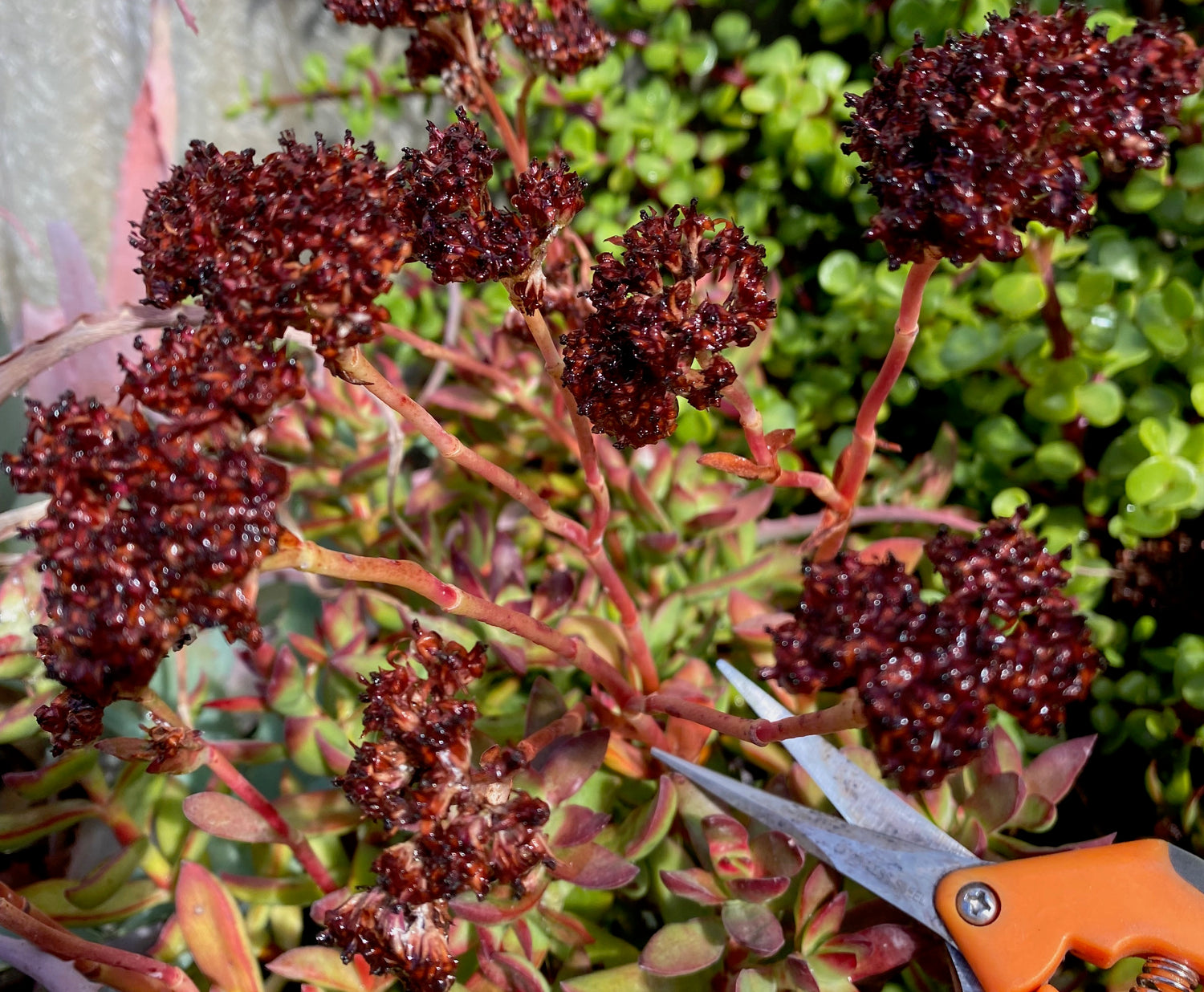
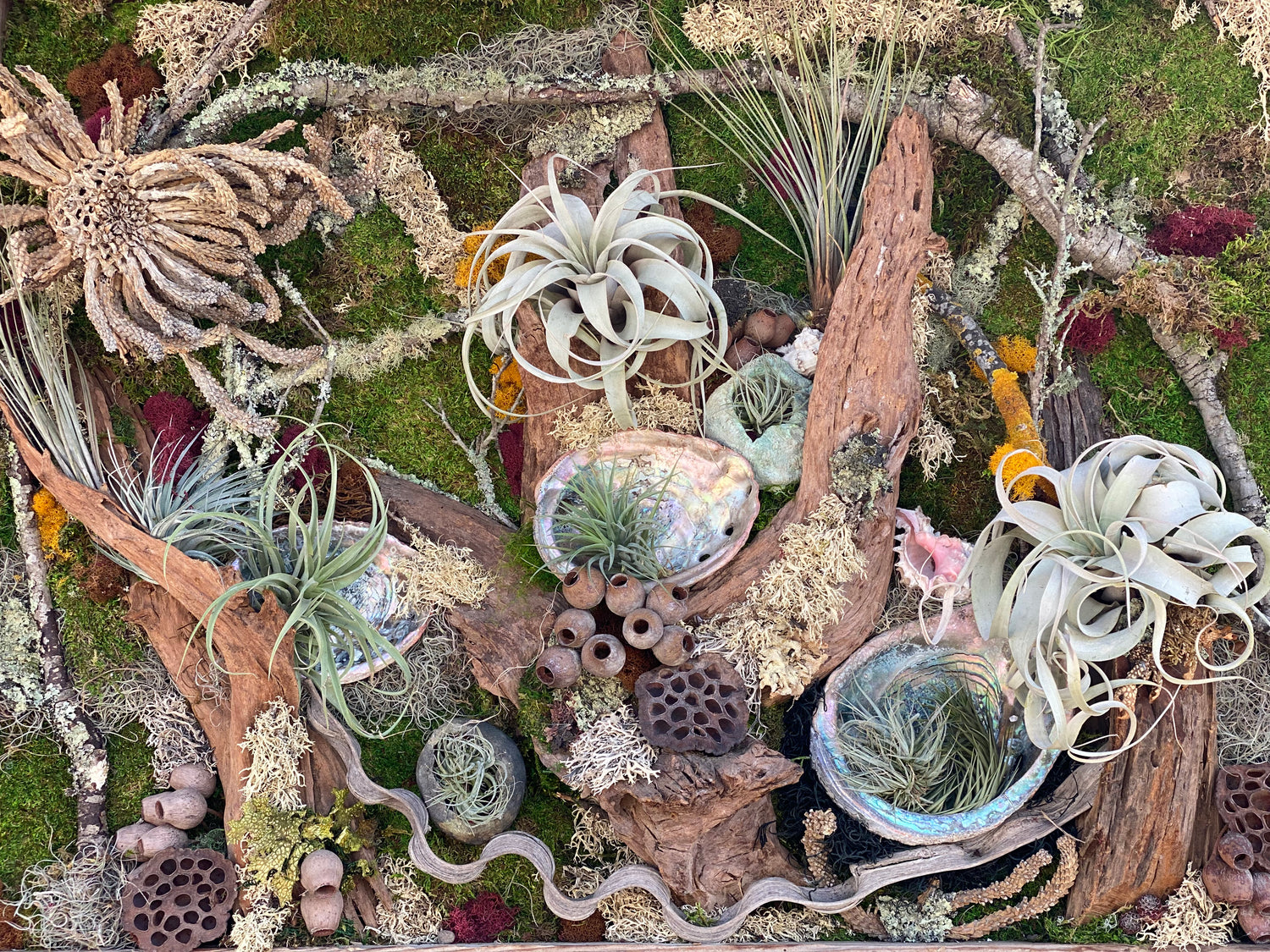
4 comments
At the moment in various countries including Australia they’re commercially producing “improved” Aloes using tissue culture or In-Vitro propagation. These are selections of quite an extensive number of highly regarded and desirable South African Aloe hybrids created in South Africa.
I’ve noticed the same thing. The tissue cultured plants can vary quite markedly from the donor parent plants. The same somaclonal variation that can be found in most tissue cultured plant crops, be they orchids, wheat or Aloes. In this instance given the original rarity of donor plants the number of subcultures in micropropagation protocols could’ve been too high, just one of the quite varied causes of high variation in in-vitro cloning. They are unlikely to revert to the original, though you would know by now it being 2018. Did they?
You could have some interesting new forms as a result, though it might be hard to see that being possible given the apparent perfection A. polyphylla already represents. Some of them could produce more frequent flowering plants, for example, easier plants for the home garden…….or all suitable for the trash. Would be interesting to see them now.
Keep them anyway you never know.
I want to find a spiral aloe. I want one desperately
Do you have any spiral aloe plants for sale? I cannot find any.
Do you have these plants for sale?